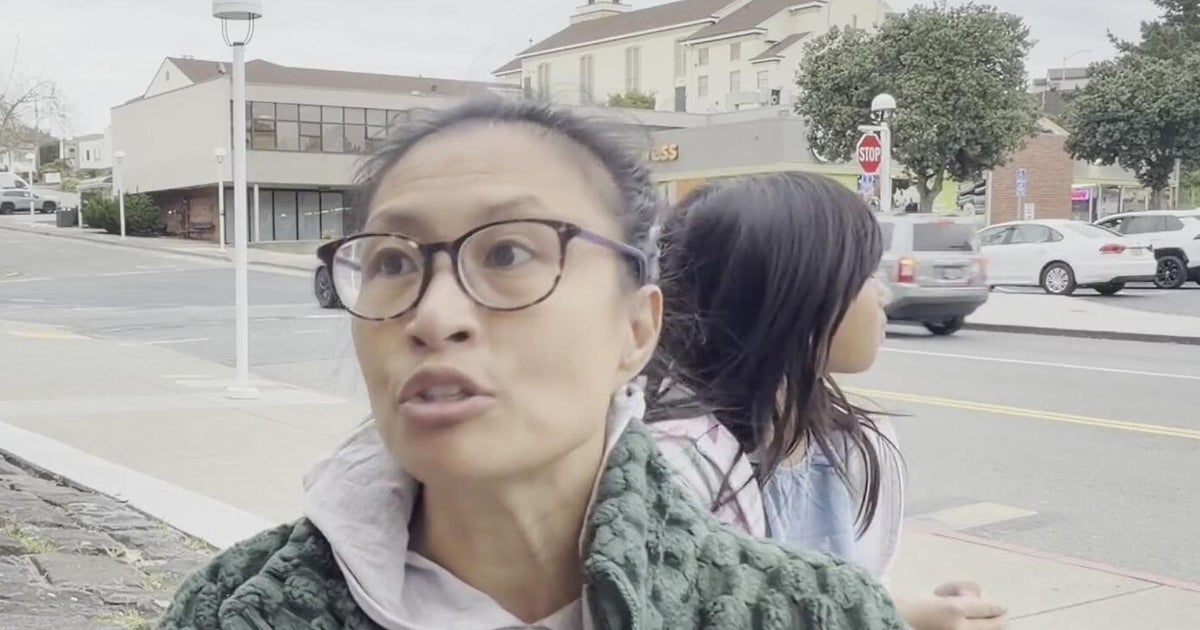DISD Making Changes To Truancy Policies
Follow CBSDFW.COM: Facebook | Twitter
DALLAS (CBSDFW.COM) - The Dallas Independent School District on Tuesday morning announced plans to overhaul its truancy policies, in hopes of holding students accountable without sending them to criminal court. This all comes more than a year and a half after a Justice Department investigation led the state to throw out its old truancy laws.
Before that time, Texas was one of only two states that sent truant children to adult criminal court, at a rate of about 100,000 students per year. Children as young as 12 years old were being placed into serious legal trouble and unpaid fines landed some kids behind bars when they turned 17 years old.
Critics found that Dallas County prosecuted over 36,000 cases of truancy in 2012.
A law signed by Gov. Greg Abbott last year decriminalized unexcused absences and required school districts to focus their new policies on prevention, rather than prosecution. Reform advocates said that the threats of heavy fines and criminal records did not keep children in school.
A committee for Dallas schools had been meeting since February to study the issue and devise a list of changes. They came up with 24 steps on how to deal with students who are repeatedly absent. Dallas County Judge Clay Jenkins called the committee recommendations "more compassionate to students." They make the court system a last resort for kids who skip school.
Jenkins and DISD superintendent Michael Hinojosa detailed the reform plans on Tuesday morning at Adamson High School in Oak Cliff. The effort is already showing positive results. The district's number of truancy cases dropped to just 13,000 in the last school year, and less than 500 cases so far this school year.
Part of the plan includes easing up on students who miss partial days of school. "If a student is present for any part of the day, we should be able to connect with them while they are on campus," Hinojosa stated, "to address why they're skipping certain classes without referring them to court."
Hinojosa said that student may be truant "because they're taking care of a sick relative, because they can't drive, pregnant and their clothes don't fit, and they're embarrassed about that." The idea of the new effort is to communicate with the students and find out if anything can be done to prevent them from frequently missing class.
"This is the right thing to do," Jenkins added. "We needed to correct it, and I think that's what we've done."
Other school districts across Dallas County have seen sharp reductions of truancy cases as well -- including Garland, Mesquite and Richardson.







